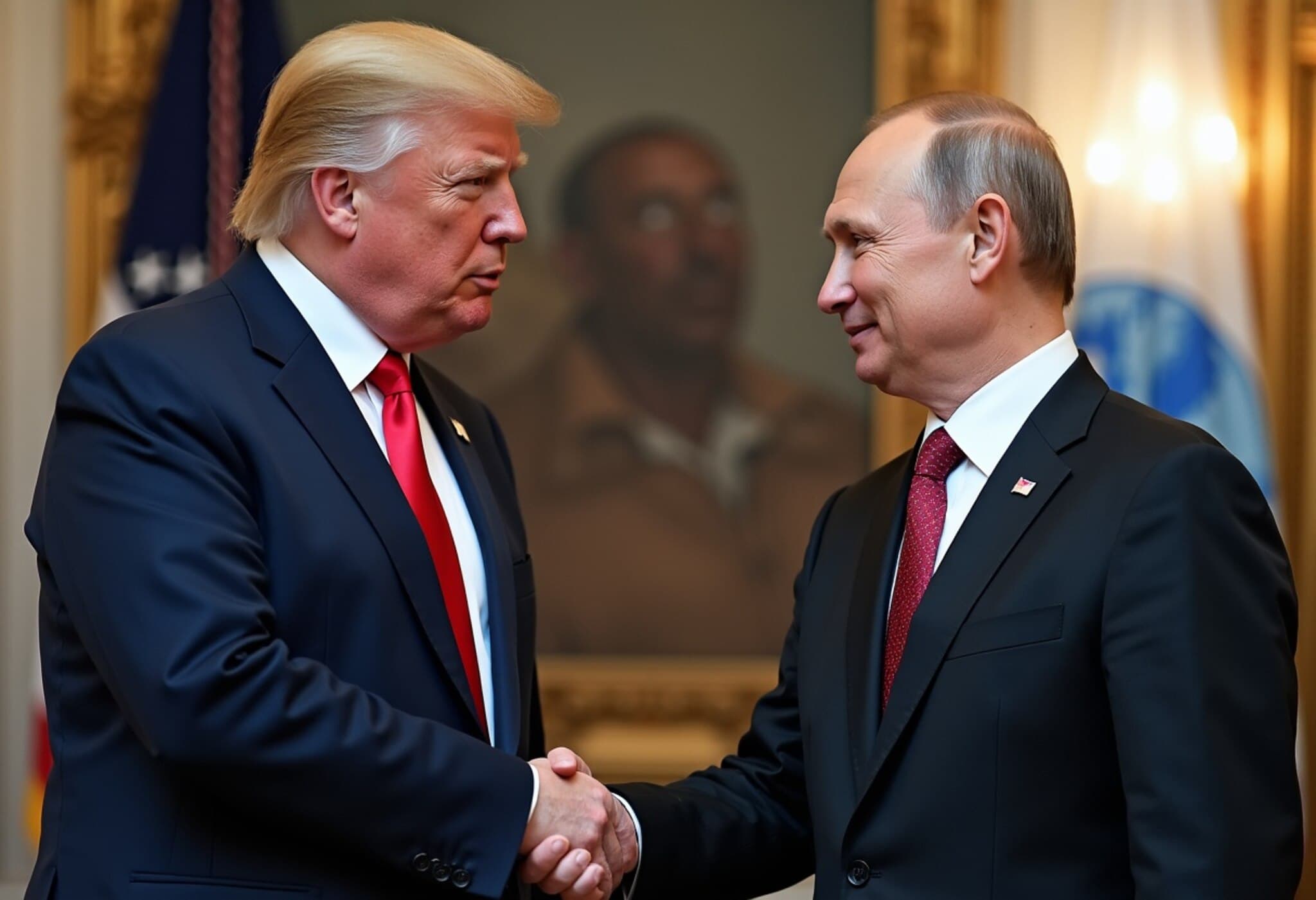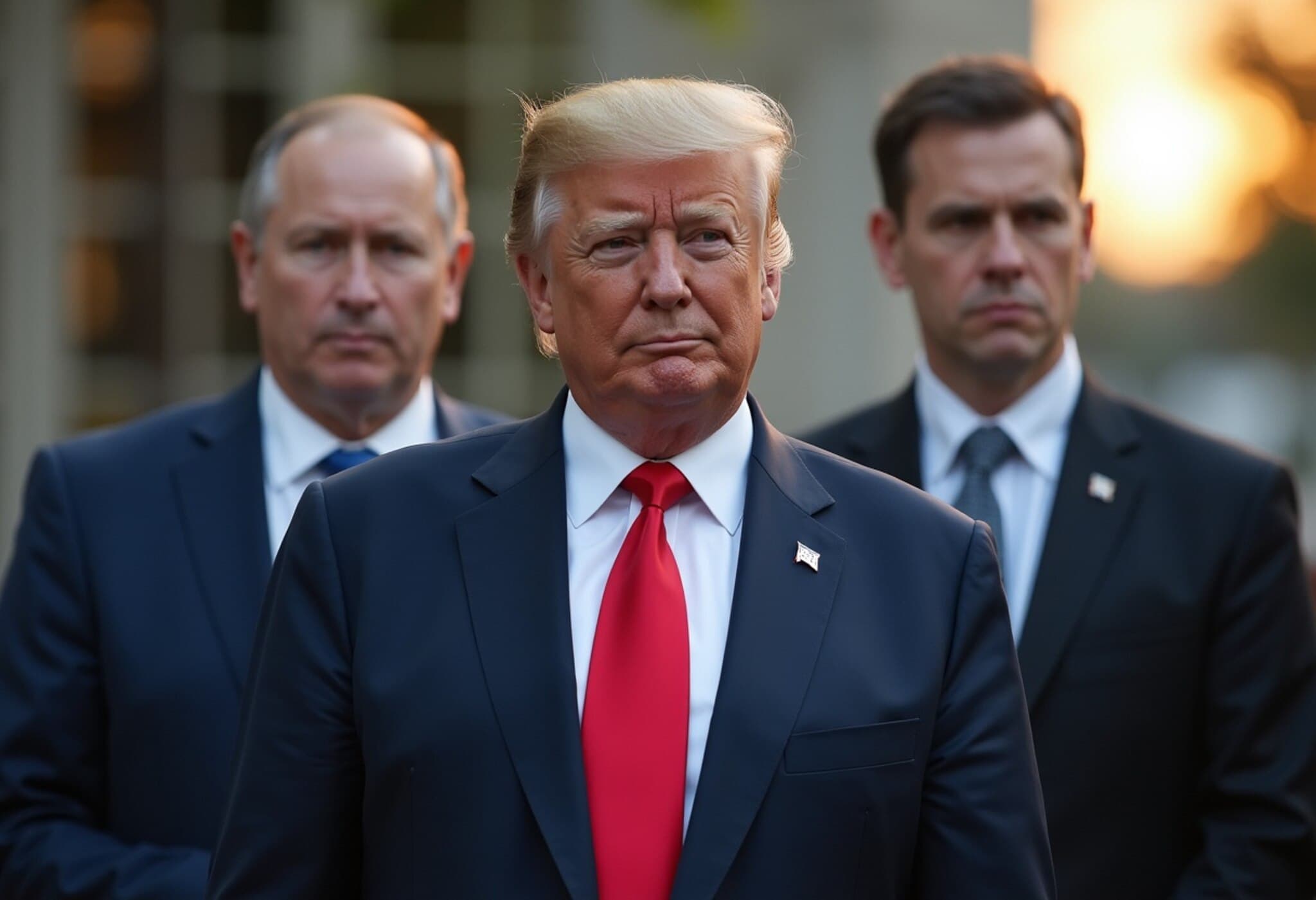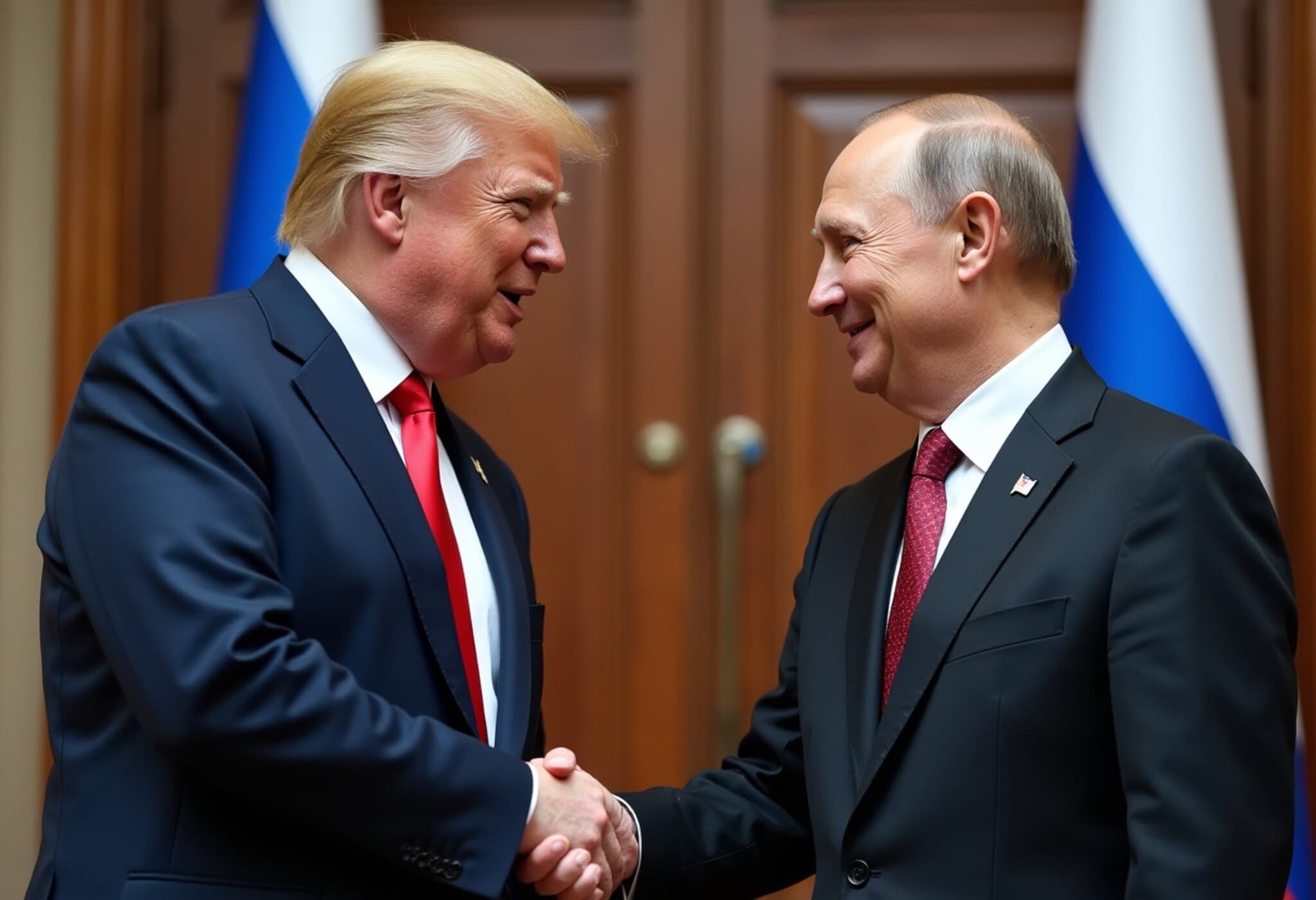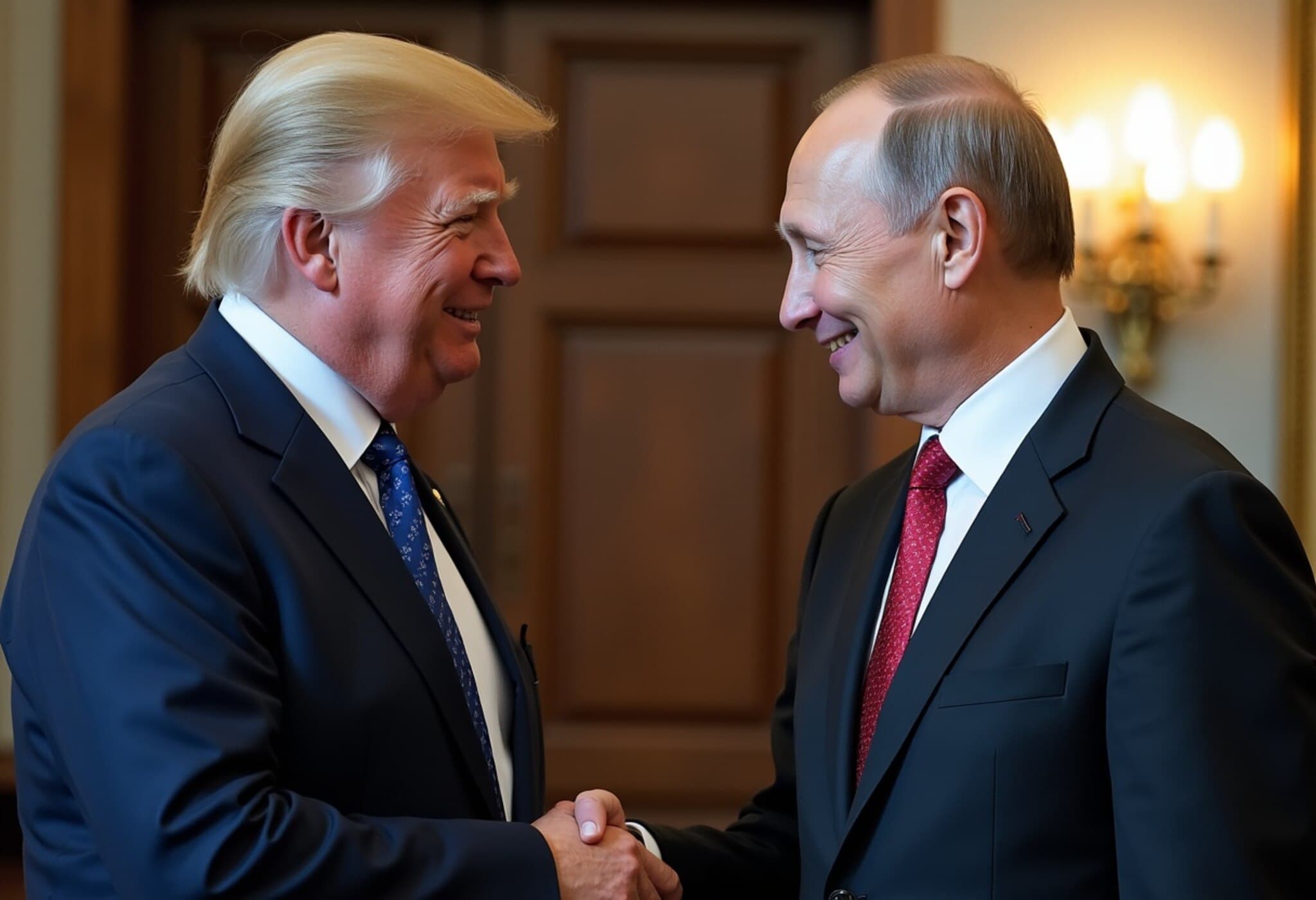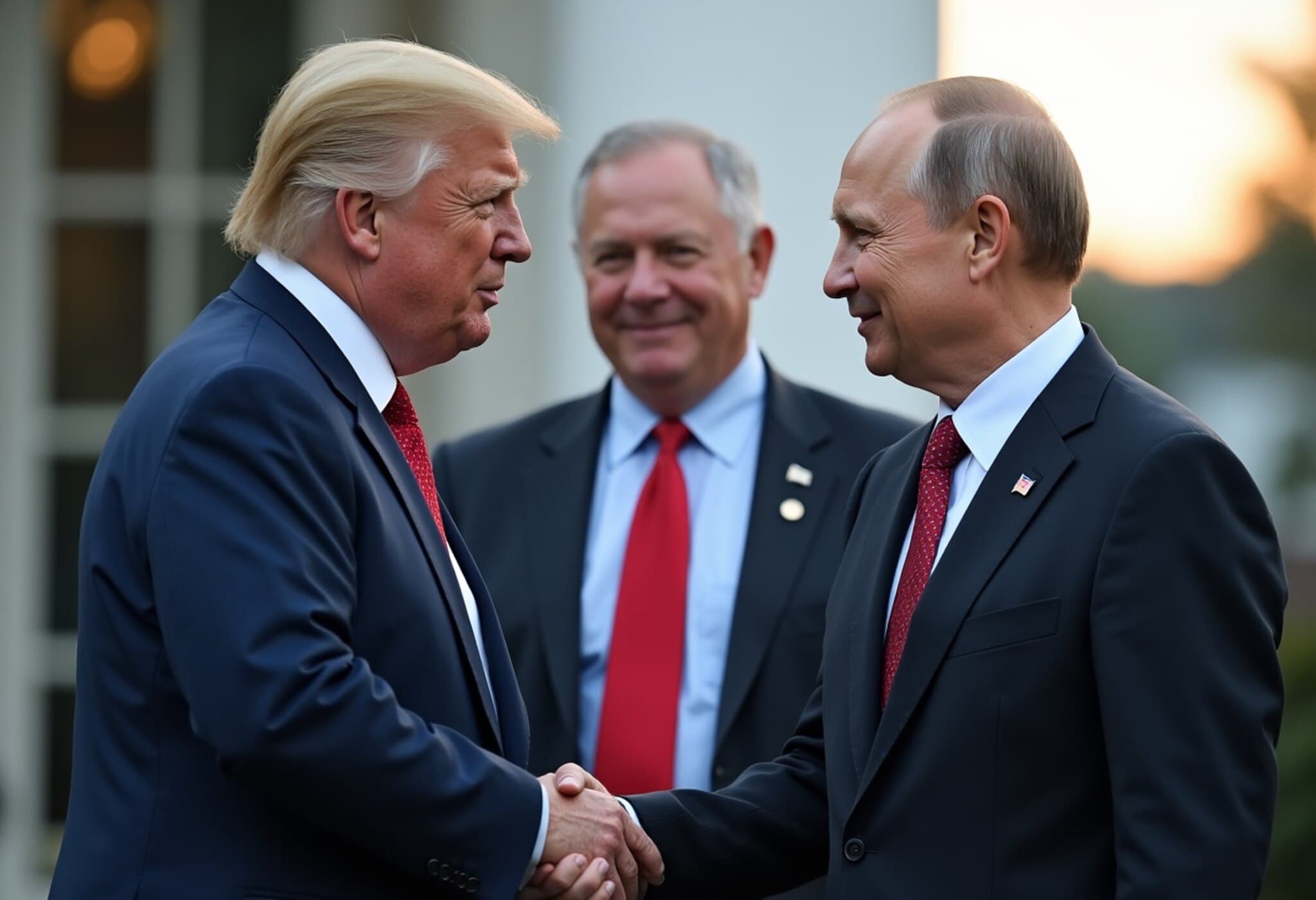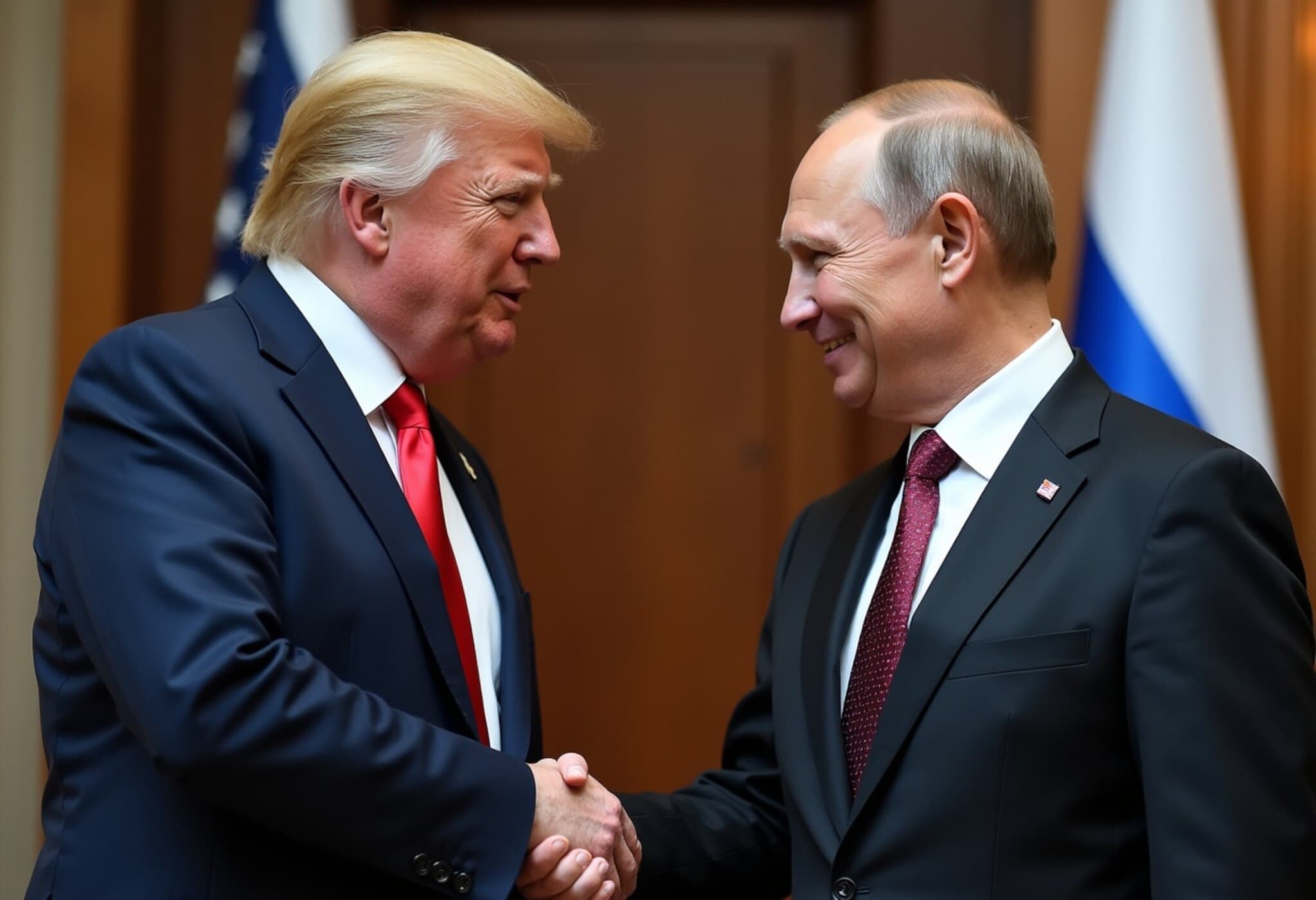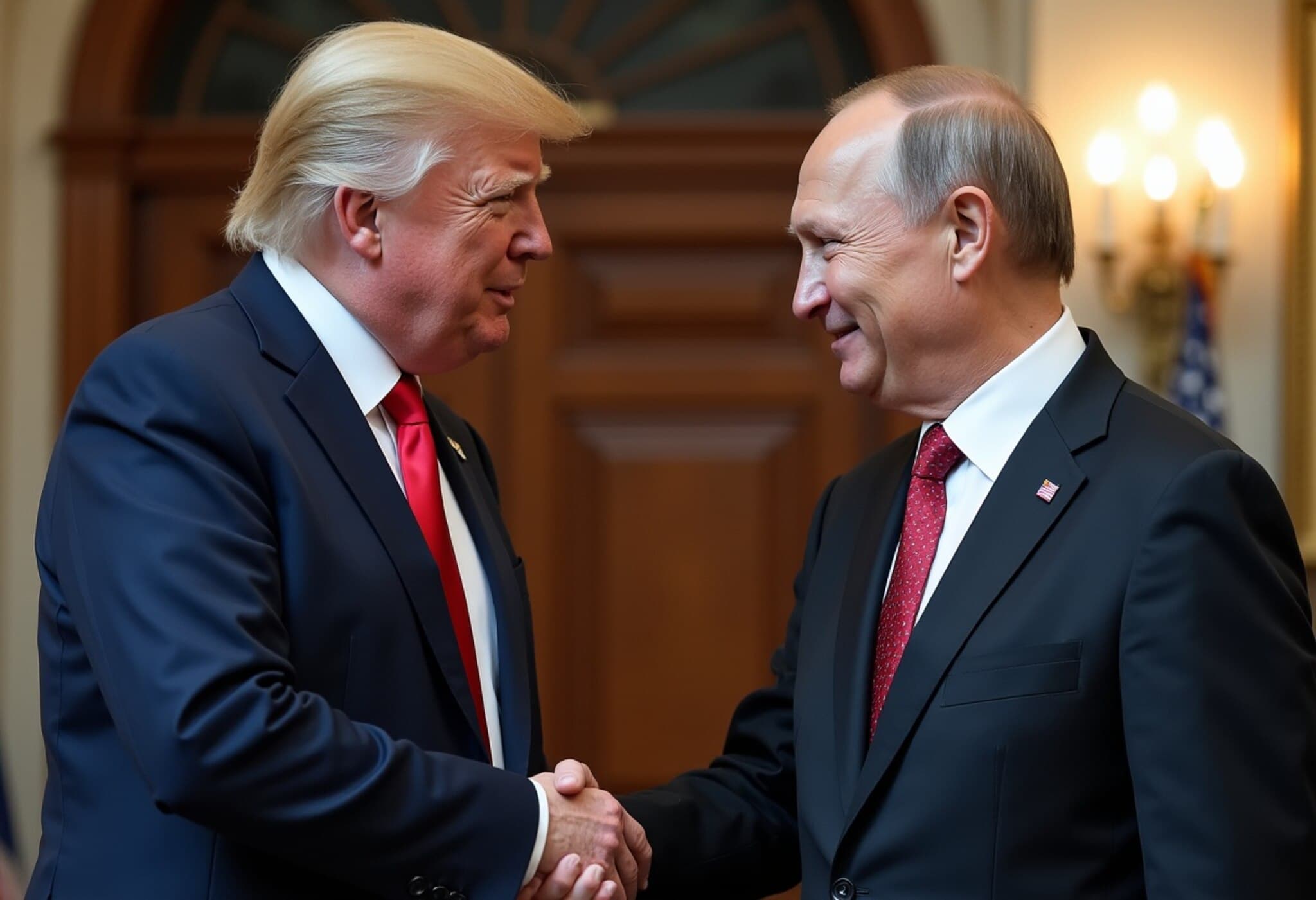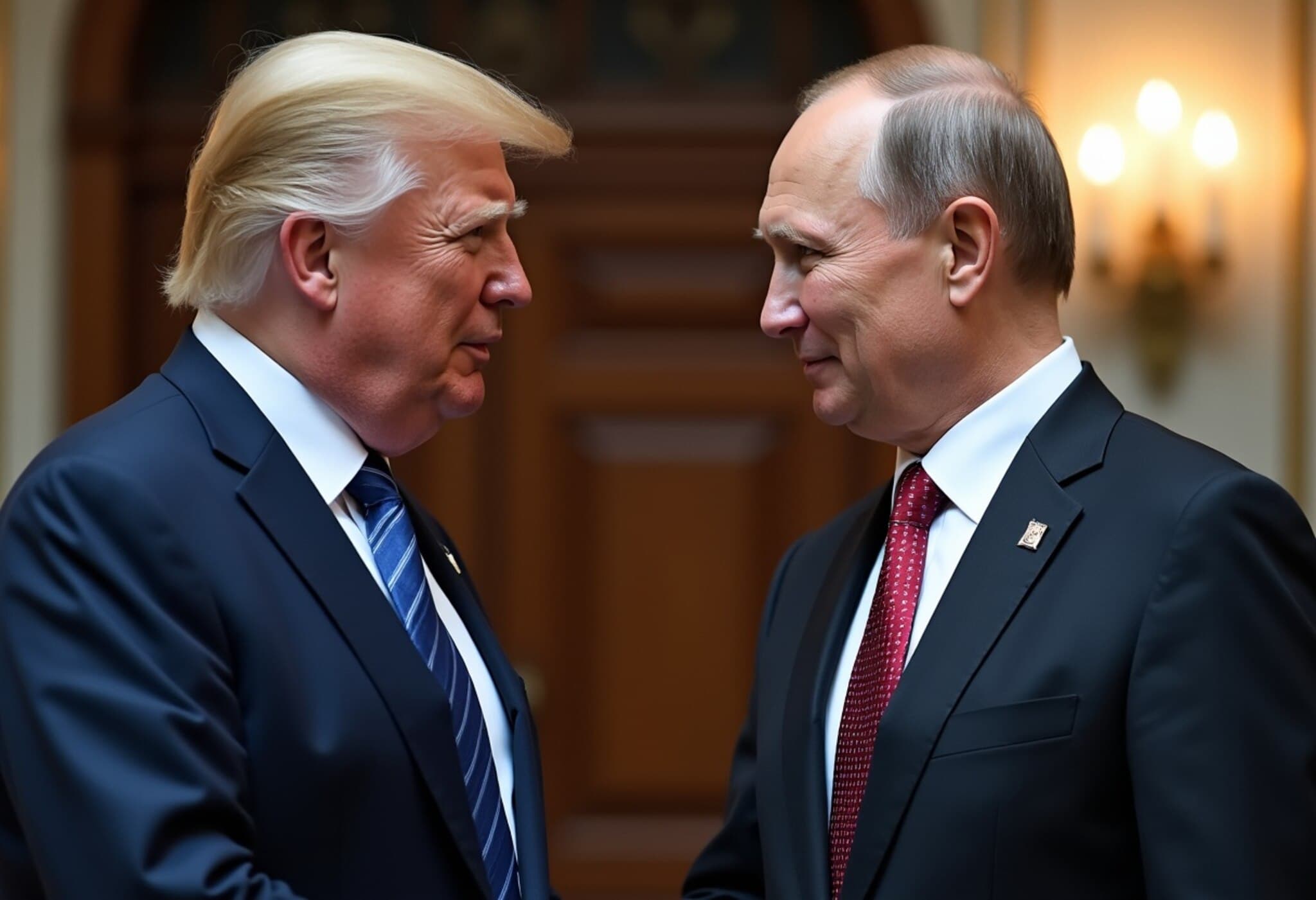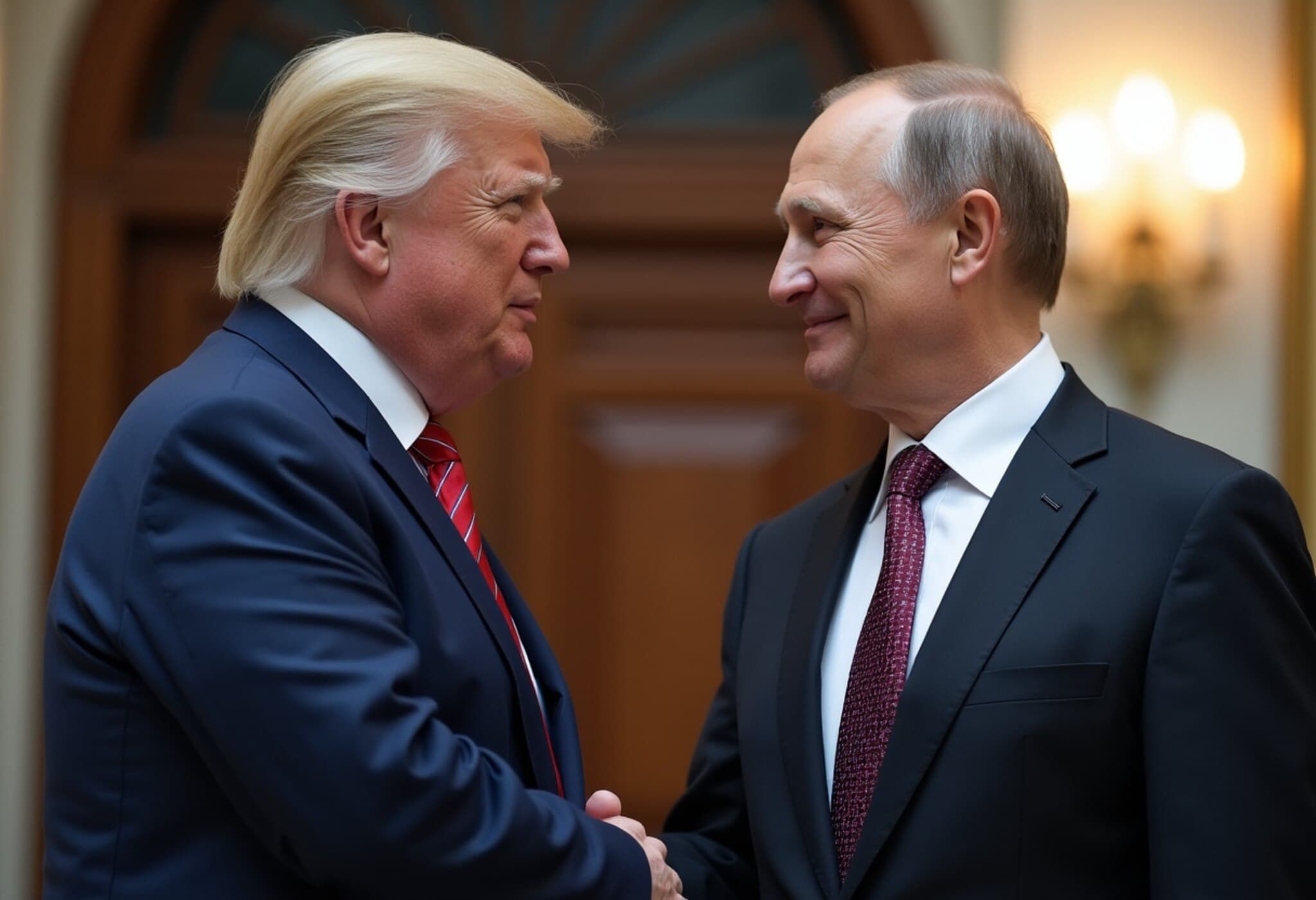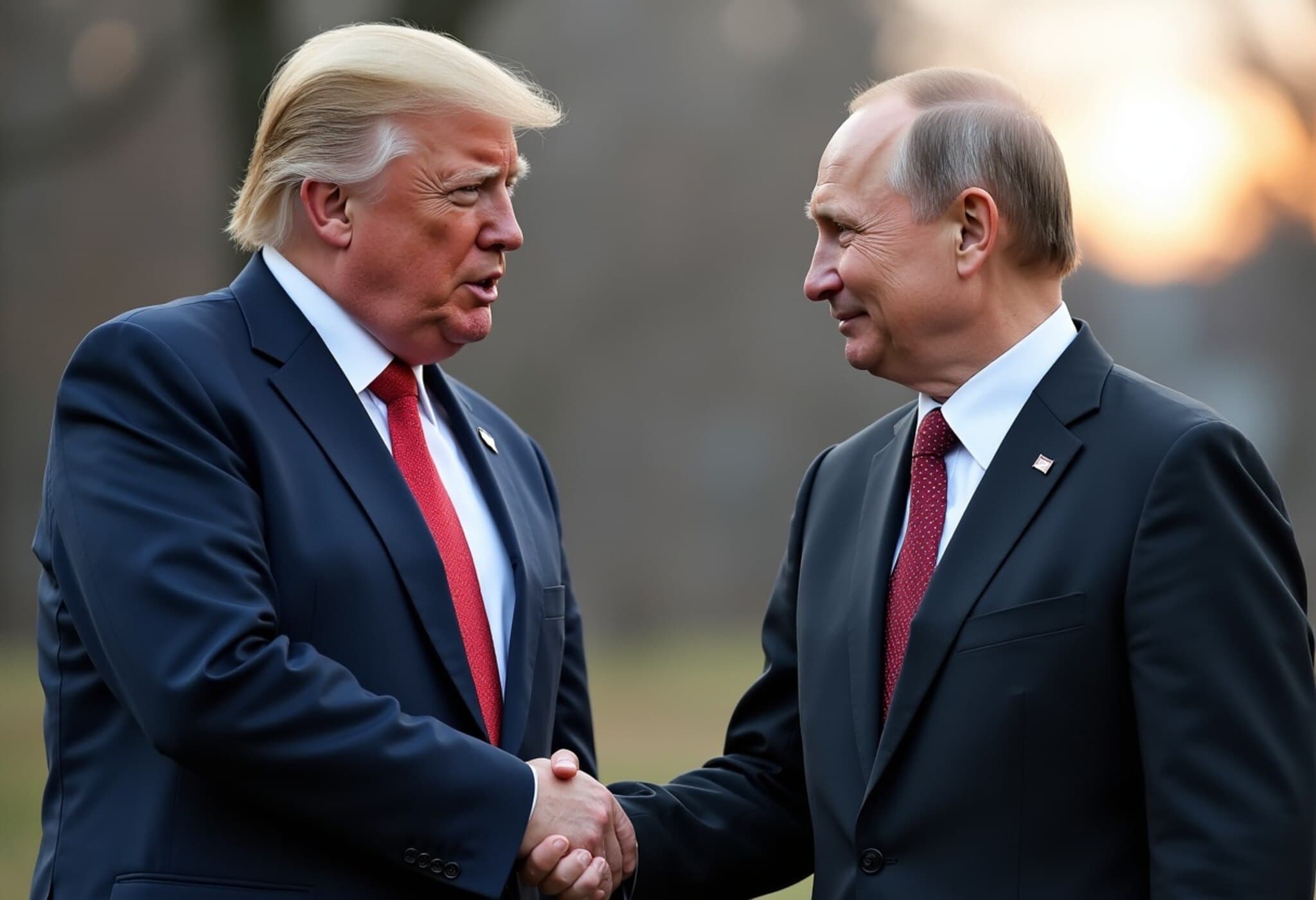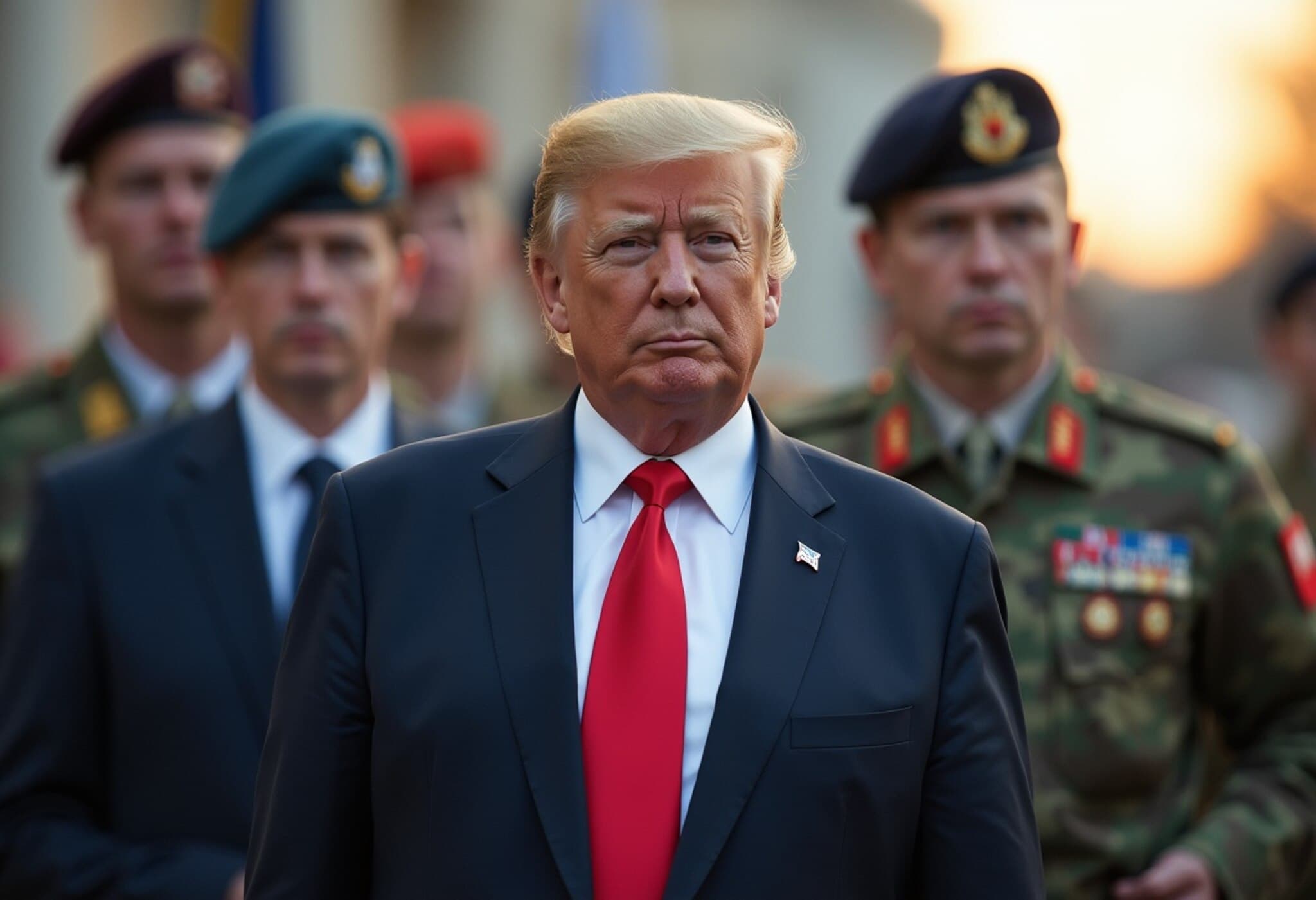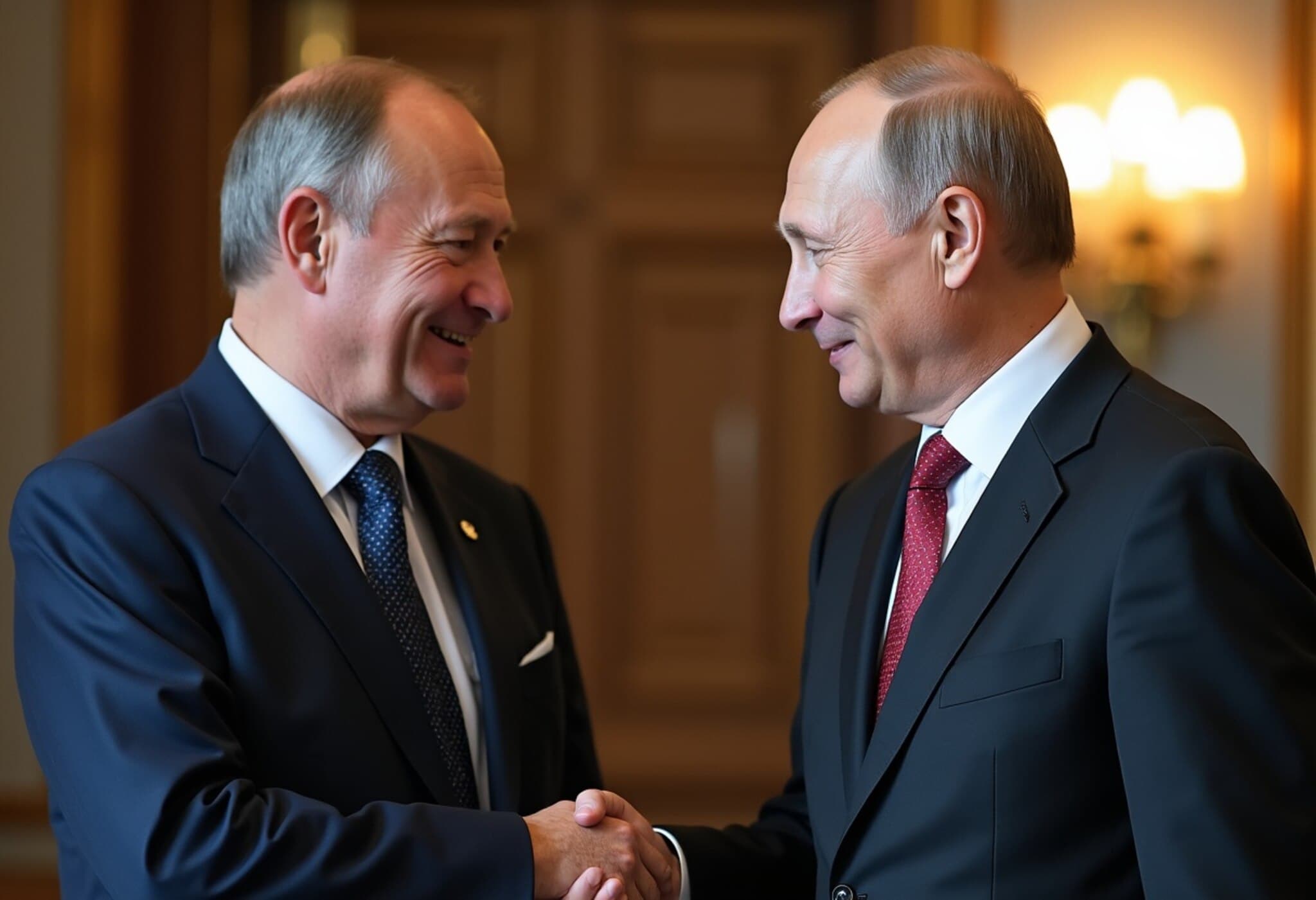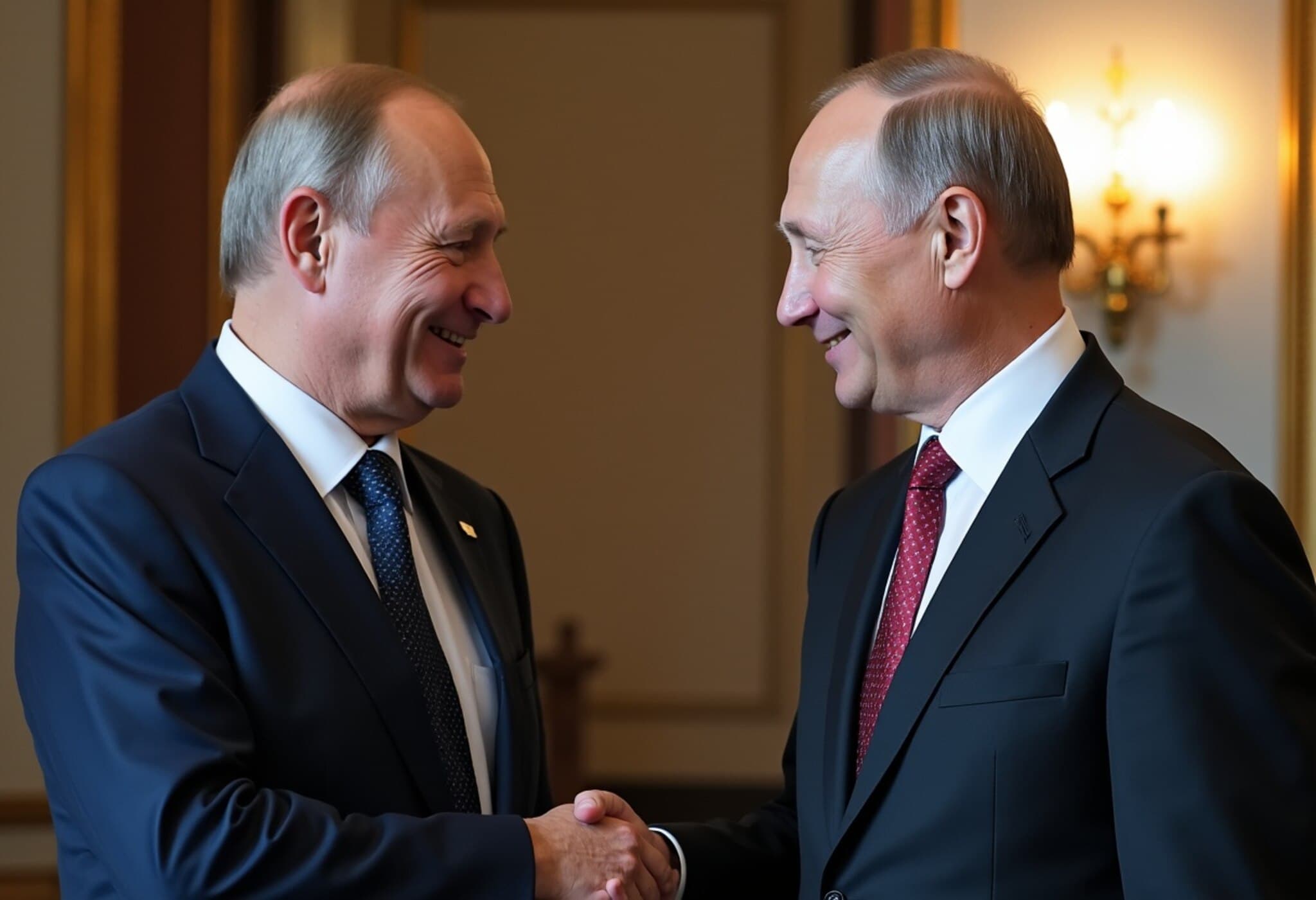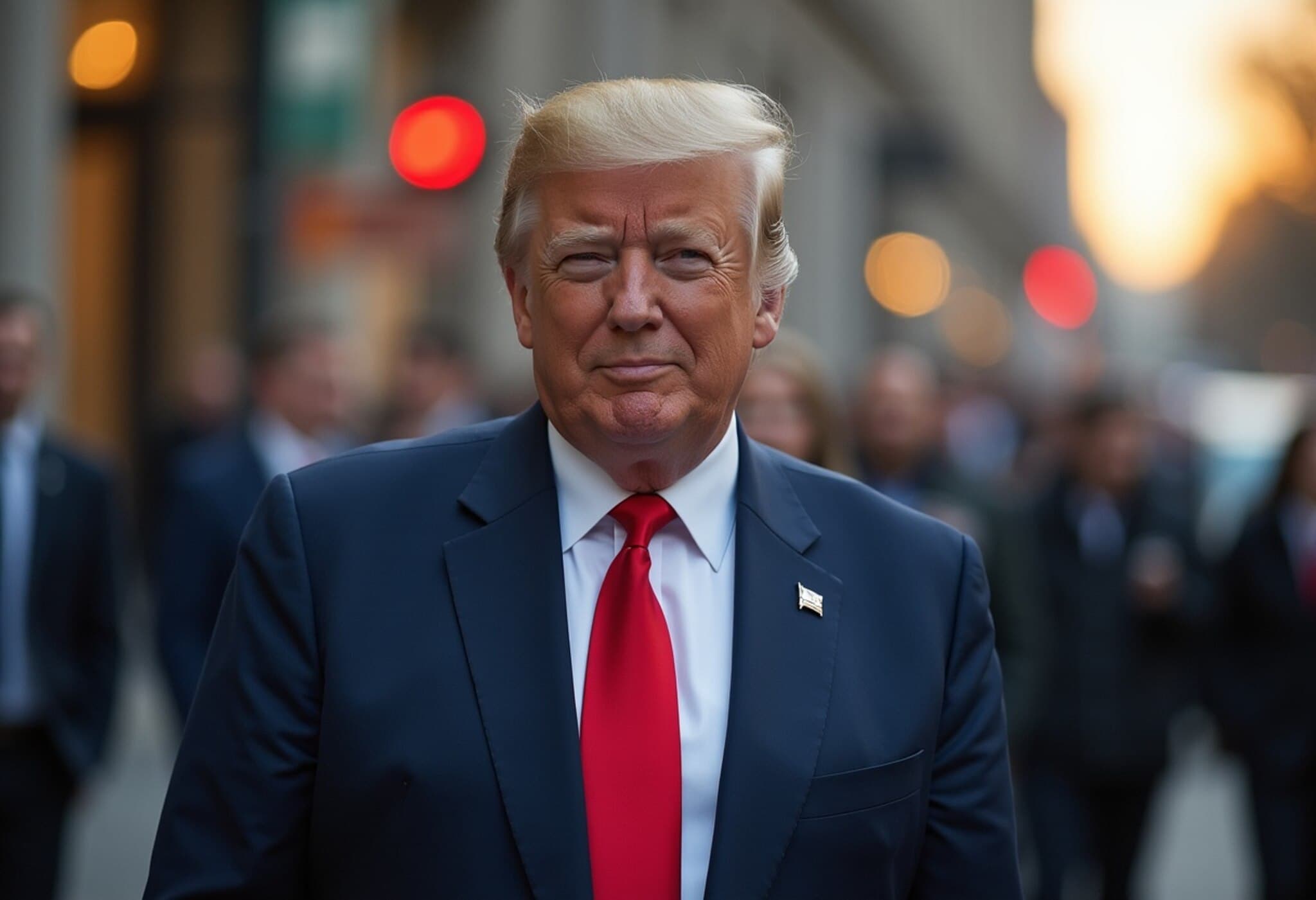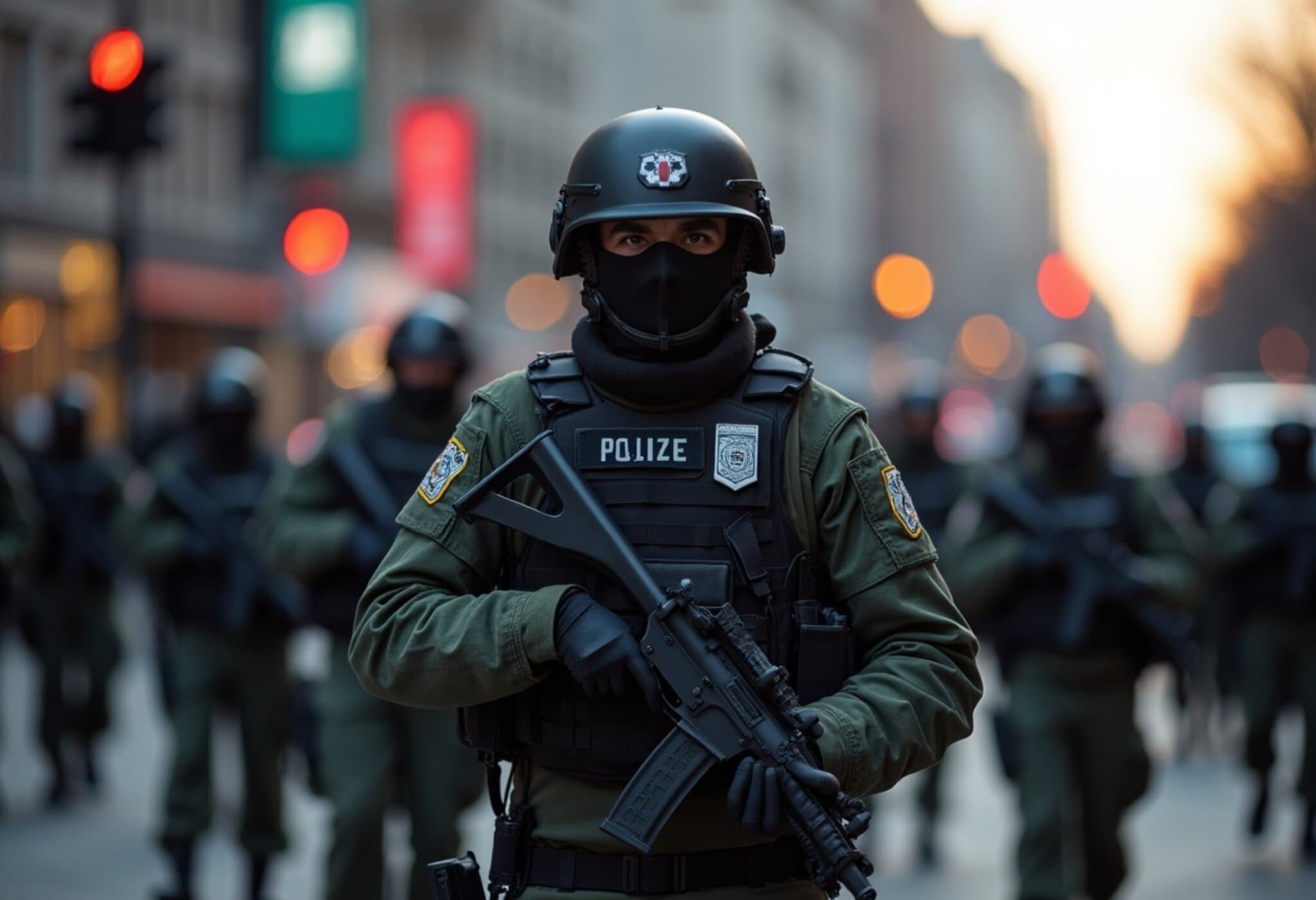Trump and Putin Set to Meet in Anchorage Amid Ukraine War Tensions
The White House has announced that US President Donald Trump will hold a one-on-one meeting with Russian President Vladimir Putin this Friday in Anchorage, Alaska. The discussion will focus on the ongoing conflict in Ukraine, with a clear emphasis on listening rather than immediate negotiation.
Understanding the Meeting’s Purpose
White House spokeswoman Karoline Leavitt described the upcoming dialogue as a "listening exercise" aimed at deepening Trump’s understanding of Russia’s position in the Ukraine war, rather than a direct attempt to broker a ceasefire. "Only one party that’s involved in this war is going to be present," she explained, highlighting that Ukrainian leadership will not be part of this initial session.
Leavitt further hinted at future diplomatic engagement, suggesting that Trump might travel to Russia later, signaling a possible extension of these conversations.
The Complexity of Negotiations and Ukraine’s Stance
- Trump has indicated that resolving the conflict may require concessions from both sides, including territorial compromises.
- However, Ukrainian President Volodymyr Zelenskyy has firmly rejected any agreement involving territorial losses, referencing constitutional safeguards that preclude such decisions without Ukraine’s full participation.
- This dynamic underscores the challenge: negotiating peace without the direct involvement of all key stakeholders risks outcomes that may not be sustainable or acceptable to Ukraine.
The White House remained silent on any preparatory talks between Trump and Zelenskyy prior to the Putin meeting. When pressed, Leavitt emphasized President Trump’s "deep respect for all parties involved in this conflict and their efforts to end it." This statement points to a cautious, respectful approach rather than a rushed diplomatic pivot.
Expert Insight: The Risks and Significance of Direct U.S.-Russia Talks
The decision to hold a one-on-one meeting away from the traditional diplomatic hubs is notable. Anchorage, geographically distant from Washington and Moscow, serves as neutral ground but also symbolizes a strategic shift in dialogue tactics amid complex geopolitical tensions.
Experts caution that while gathering intelligence directly from Putin can provide valuable insights, excluding Ukraine from initial talks raises important ethical and strategic questions. Historically, peace processes that omit primary conflict parties often falter or generate backlash.
Furthermore, this meeting could signal a recalibration of U.S. foreign policy towards Russia, especially under Trump’s distinctive diplomatic style. The prospect of Trump visiting Russia or expanding talks could open pathways—or pitfalls—in a conflict that has already strained international relations.
What Lies Ahead?
As global eyes turn to Alaska, the outcome of this meeting holds the potential to shape the next phase of the Ukraine conflict’s diplomatic landscape. Will it serve as a foundation for substantive peace talks, or simply a preliminary step gathering intelligence without tangible progress? The answer may depend not only on what is said behind closed doors but on how all involved parties—including Ukraine—are engaged moving forward.
Editor’s Note
This meeting between Trump and Putin in Alaska represents more than a diplomatic formality; it raises crucial questions about the conduct and inclusivity of peace negotiations in international conflicts. While direct dialogue is essential, the exclusion of key stakeholders like Ukraine could undermine trust and the legitimacy of any subsequent agreements. Observers should watch whether this so-called "listening exercise" evolves into genuine multilateral dialogue or remains a symbolic gesture. In an era of complex geopolitical rivalries, balancing transparency, respect for sovereign nations, and pragmatic diplomacy remains the central challenge.

